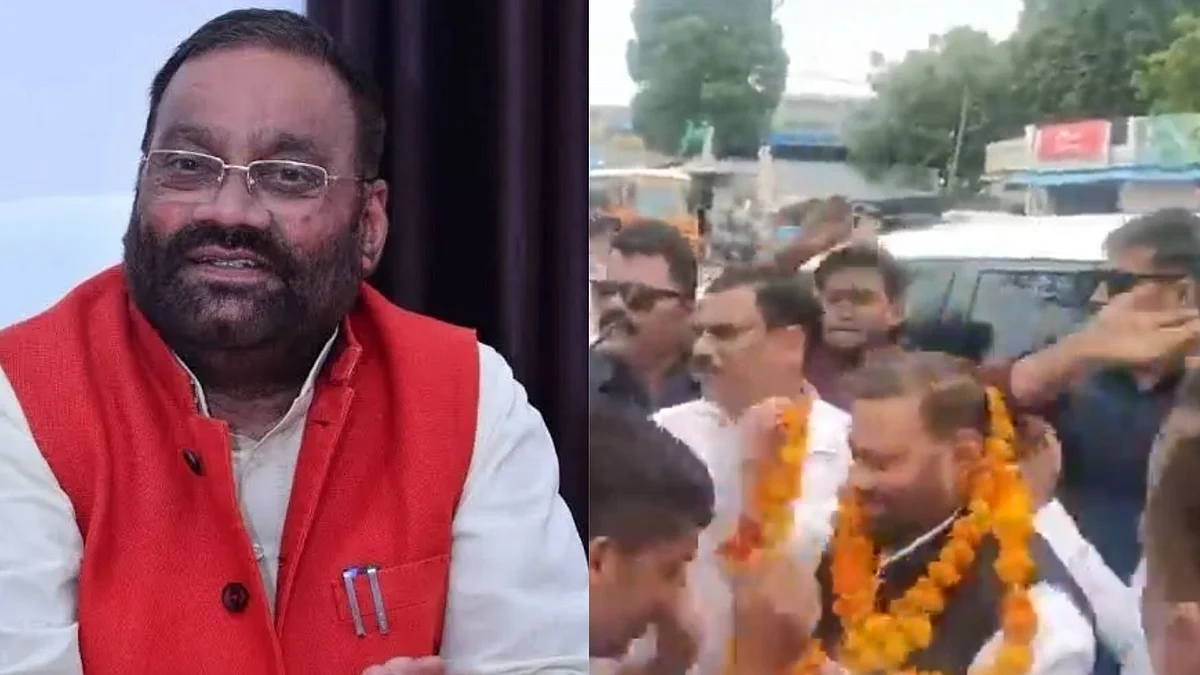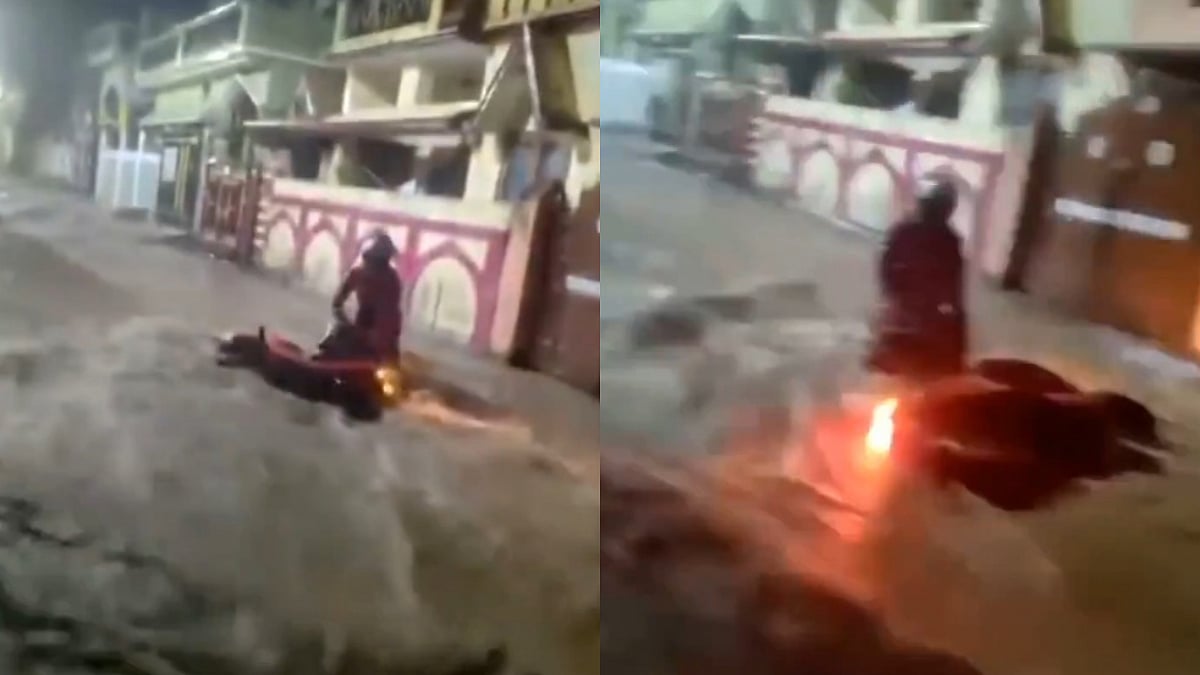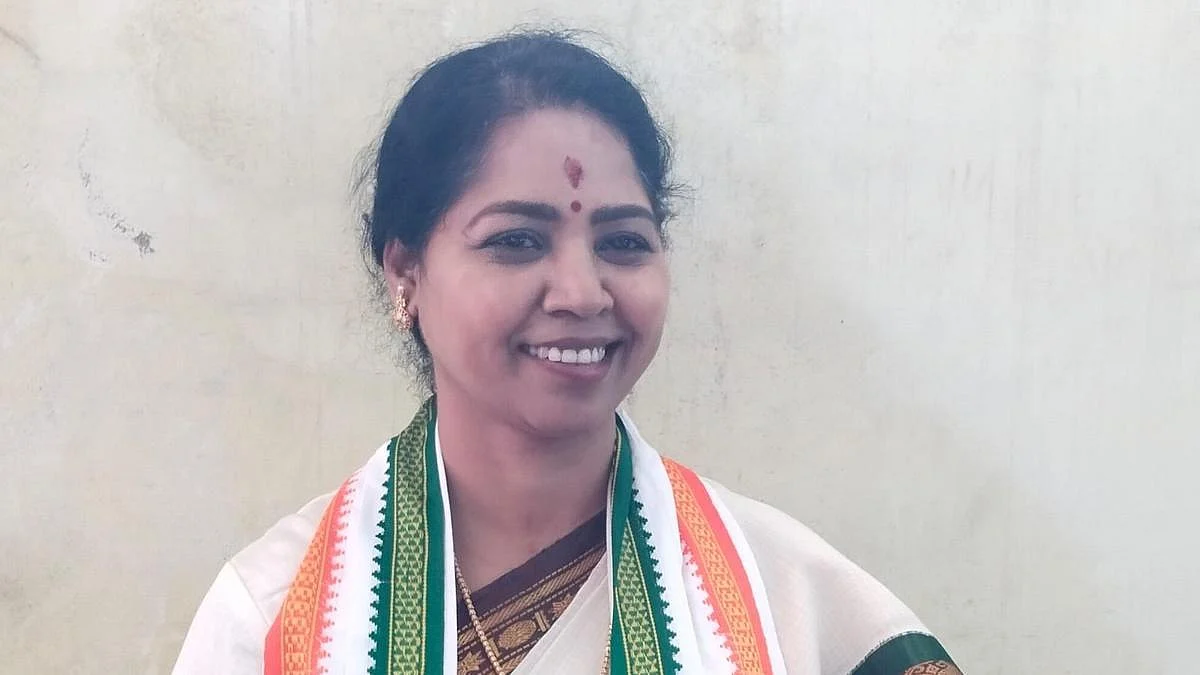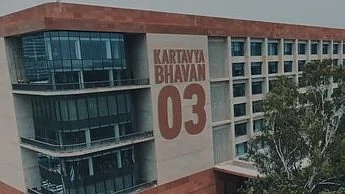During the first three days of the Monsoon Session of Parliament, the proceedings were marred by disagreements between the government and the Opposition regarding the format of the discussion on the Manipur situation. The Opposition pushed for a discussion under Rule 267, seeking to express the sense of the House, while the government proposed a discussion under Rule 176.
Government's Agreement to Short Duration Discussion
In response to the Opposition's demand, the government agreed to have a short-duration discussion during the Monsoon Session, indicating its willingness to address the urgent matter raised. However, Rule 176 sets limitations on such discussions, restricting them to a specific time frame of two-and-a-half hours.
Rule 176 - Short Duration Discussion Description
Rule 176 allows any member of the Rajya Sabha to initiate a short-duration discussion on a matter of urgent public importance. The process for conducting such discussions involves the member submitting a written notice to the Secretary-General, clearly stating the subject matter to be discussed.
The notice should be accompanied by an explanatory note justifying the need for the discussion and supported by the signatures of at least two other members. Once the Chairman admits the notice, the date and time for the discussion are scheduled either immediately or at a later time.
Opposition's Demand under Rule 267
The Opposition's demand, on the other hand, was to prioritize the Manipur situation discussion by suspending normal proceedings and allowing the Prime Minister to make a suo motu statement, followed by a discussion under Rule 267.
Rule 267 deals with the suspension of rules and is used when any member wishes to move that a particular rule be suspended in its application to a motion related to the day's business in the Council.
Procedure for Suspending Rules under Rule 267
To suspend a rule under Rule 267, any member requires the Chairman's consent. If the motion to suspend the rule is carried out successfully, the rule in question will be temporarily suspended, enabling the desired discussion to take place.










